Bringing your car to a body shop for repairs can be disruptive, especially when you’re juggling work, family, and daily errands. One of the first questions on any car owner’s mind after an accident, fender bender, or even hail damage is: “How long will my car be in the body shop?”. Understanding the car repair timeline can significantly reduce stress and help you plan accordingly.
At Car Repair Online, we understand that getting your car back on the road quickly and safely is a top priority. That’s why we’ve created this comprehensive guide to explain what influences car repair times at a body shop. We aim to provide clarity on what to expect, covering everything from average repair durations for different types of damage to the various stages involved in the repair process.
Knowing how long your car repair might take empowers you to manage your transportation needs and expectations. Let’s dive into the factors that determine the duration of car body repairs.
Decoding Average Car Body Repair Times
If you’re looking for a straightforward answer to “how long will my car be in the shop?”, the truth is, it varies. Car body repair times can range from just a few hours to several weeks or even longer, depending on a multitude of factors.
To give you a clearer picture, we’ve compiled a table outlining average repair times for common types of auto body work. Keep in mind these are estimates, and your specific repair time may differ.
| Type of Collision Repair | Average Time to Fix |
|---|---|
| Minor Collision Repair | 1-3 days |
| Major Collision Repair | 1 to 3 weeks |
| Paintless Dent Repair (PDR) | 1-2 days |
| Bumper Repair/Replacement | 1-3 days |
| Fender Repair/Replacement | 1-4 days |
| Door Repair/Replacement | 2-4 days |
| Glass Replacement | 1-2 days |
| Suspension Repair | 2-3 days |
| Frame Straightening | 4 days – 2 weeks |
| Minor Paint Repair (Scratch/Chip) | 2-4 days |
| Major Paint Repair (Panel/Blending) | 1-2 weeks |
| Airbag Replacement | 2-5 days |
| Engine Repair/Replacement | 1-4 weeks |
| Full Vehicle Restoration | 4-8 weeks or longer |
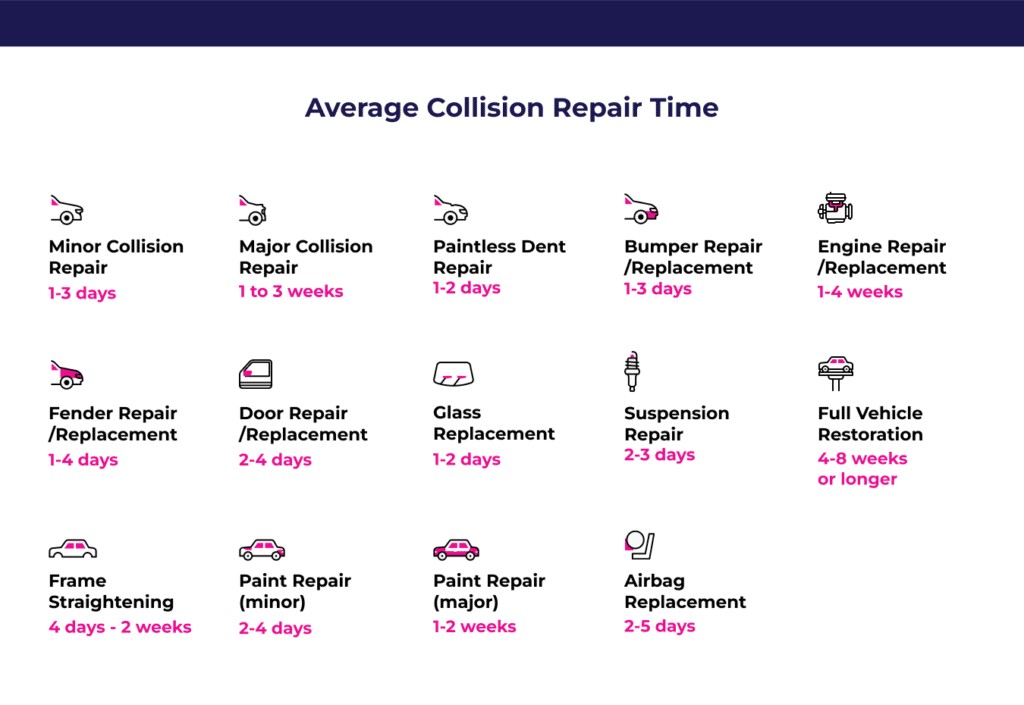

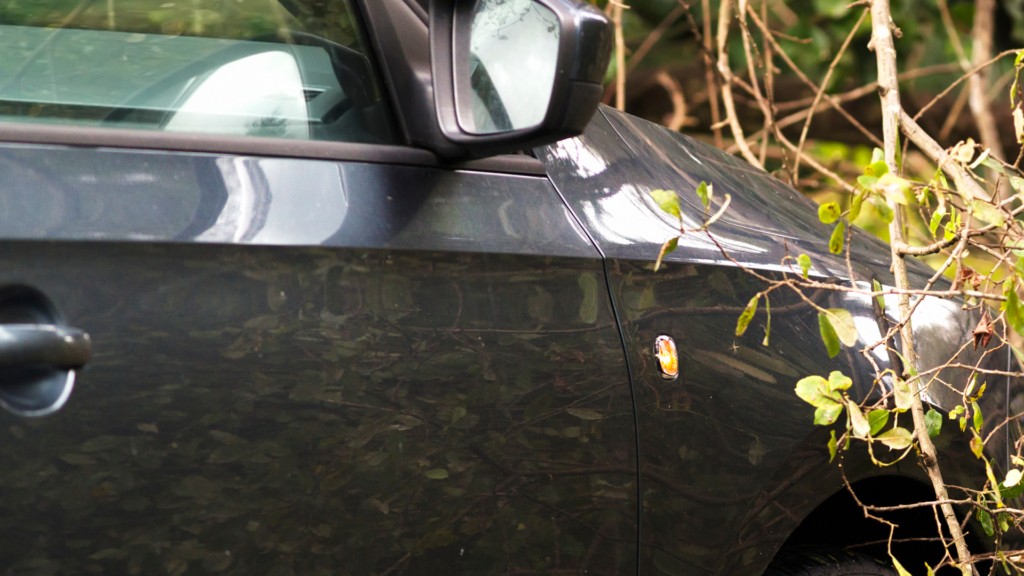
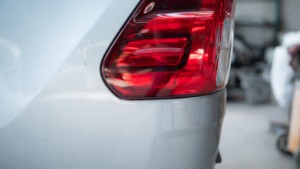

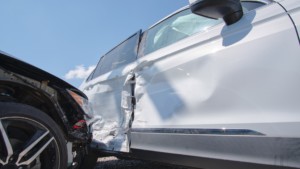
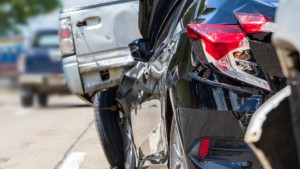
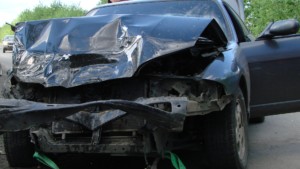


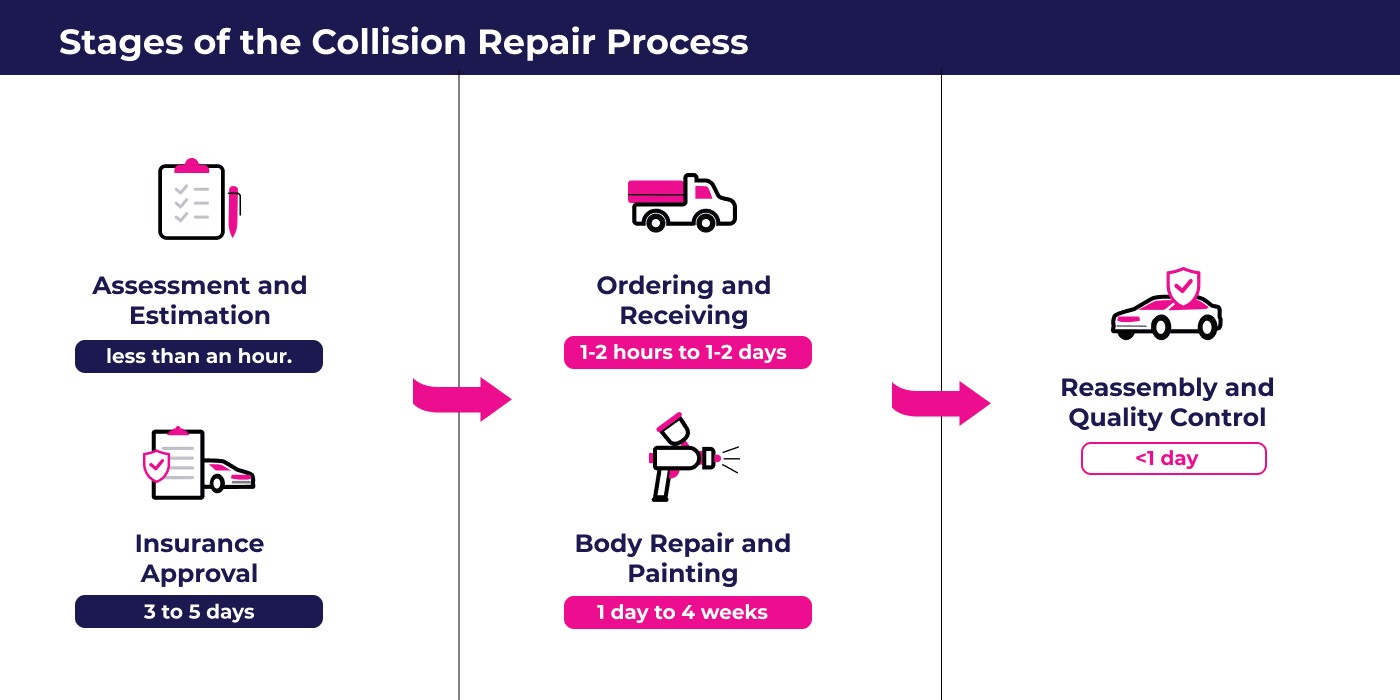
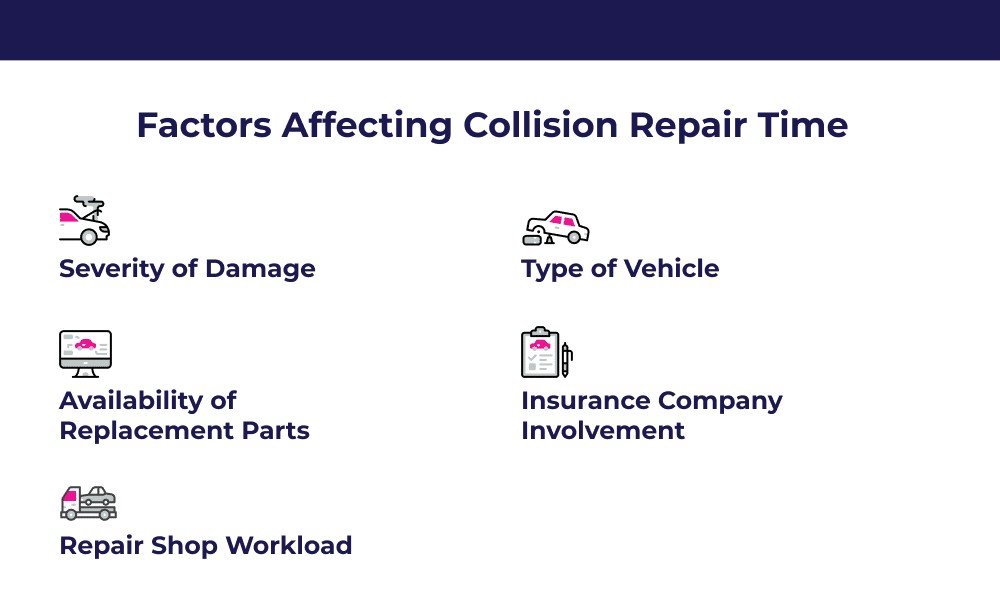
Minor vs. Major Car Body Repairs: Time Implications
The severity of the damage is a primary determinant of how long your car will be in the body shop. Repairs are broadly categorized into minor and major, each with different timeframes.
Minor Car Body Repair Timeframes
Minor repairs typically involve cosmetic damage that doesn’t affect the structural integrity or major systems of your vehicle. These are usually completed within 1 to 3 days. Examples include:
- Small Dents: Like those from car doors or shopping carts.
- Scratches: Superficial scratches to the paintwork.
- Minor Bumper Damage: Scuffs, scrapes, or small cracks on the bumper cover.
These repairs are quicker because they are less complex, require fewer parts, and often involve localized work.
Example Scenarios:
-
Shopping Cart Dent:
-
Tree Branch Scratches:
-
Road Debris Paint Chips:
Major Car Body Repair Timeframes
Major repairs address more significant damage, often resulting from collisions that impact the vehicle’s structure, mechanics, or safety systems. These repairs generally take 1 to 3 weeks or longer. Examples include:
- Frame Damage: Bent or twisted vehicle frame requiring straightening.
- Extensive Body Panel Damage: Crushed doors, quarter panels, or roofs.
- Airbag Deployment: Replacement of airbags and related sensors.
- Mechanical Damage: Impacts affecting suspension, steering, or engine components.
Major repairs are more time-consuming due to the complexity of the work, potential need for specialized equipment, and longer parts ordering times.
Example Scenarios:
-
Rear-End Collision Damage:
-
Side-Impact (T-Bone) Collision:
-
Collision with Pole/Barrier:
Severe Collision Damage: Extended Repair Times
In cases of severe collision damage, where the impact is extensive, or rare parts are required, repair times can exceed 3 weeks. Severe damage often involves significant structural repairs, extensive parts replacement, and meticulous work to restore the vehicle to a safe and roadworthy condition.
Example Scenarios:
-
High-Speed Head-On Collision:
-
Vehicle Rollover Accident:
-
Severe Side-Impact Collision at High Speed:
Understanding the Car Repair Process: Stages and Timeframes
To better grasp why car repairs take the time they do, it’s helpful to understand the typical stages involved in the collision repair process.
1. Damage Assessment and Estimate
The process begins with a thorough assessment of the damage. The body shop technician will inspect your car, document all damage, and prepare a detailed repair estimate. This estimate outlines the necessary repairs, parts, labor costs, and an initial timeframe.
Typical Timeframe: Estimates can often be provided within a few hours, but complex damage assessments might take up to a day.
2. Insurance Claim and Approval
If you’re filing an insurance claim, the estimate is submitted to your insurance company for review and approval. The insurer may send an adjuster to inspect the damage, verify the estimate, and authorize the repairs. Negotiations between the body shop and insurance company may occur to finalize the repair plan and costs.
Typical Timeframe: Insurance approval can take 3 to 5 business days or sometimes longer, depending on the insurance company’s processes and the complexity of the claim.
3. Parts Ordering and Procurement
Once the repair plan is finalized, the body shop orders the necessary replacement parts. The time it takes to receive parts depends on their availability, type (OEM vs. aftermarket), and the vehicle’s make and model. Common parts might be readily available, while specialized or back-ordered parts can cause delays.
Typical Timeframe: Parts ordering can range from a few hours to several days or even weeks for rare or back-ordered components.
4. Body Repair and Refinishing
This is the core repair stage. Technicians perform the actual bodywork, including dent removal, panel replacement, frame straightening, and other necessary repairs. Once the bodywork is complete, the vehicle is prepared for painting. Painting involves matching the original color, applying primer, base coat, and clear coat, and baking the finish for durability.
Typical Timeframe: Body repair and painting can take 1 day to several weeks, depending on the extent of the damage, complexity of repairs, and paint requirements.
5. Reassembly and Quality Check
After painting, the vehicle is reassembled. This includes reinstalling trim, moldings, lights, and other components. A thorough quality control inspection is then performed to ensure all repairs meet quality standards, safety regulations, and the vehicle is returned to its pre-accident condition as closely as possible.
Typical Timeframe: Reassembly and quality checks typically take a few hours to a day.
6. Detailing and Final Delivery
The final steps involve cleaning and detailing the vehicle, ensuring it’s presentable for return to the owner. The body shop will contact you to schedule a pick-up time once the car is ready.
Typical Timeframe: Detailing and final delivery are usually completed within a few hours.
Key Factors Influencing Car Repair Duration
Beyond the severity of damage and the repair process stages, several other factors can impact how long your car repair takes.
- Severity of Damage: As discussed earlier, more extensive damage naturally requires more time to repair.
- Parts Availability: The ease of sourcing replacement parts is crucial. Rare, imported, or back-ordered parts can significantly extend repair times.
- Vehicle Type: Luxury, classic, or vehicles with complex systems may require specialized parts and technicians, potentially increasing repair times.
- Insurance Involvement: Insurance claim processes, approvals, and potential negotiations can add to the overall timeline.
- Body Shop Workload: A busy body shop might have a backlog of vehicles, which can affect scheduling and turnaround time.
- Hidden Damage: Sometimes, hidden damage is discovered during the repair process, requiring additional work and potentially extending the repair time.
Conclusion: Patience and Communication are Key
While it’s natural to want your car back as quickly as possible, understanding the complexities of car body repair can help you appreciate the process and manage your expectations. The question “how long will my car repair take?” doesn’t have a simple answer, as it depends on numerous variables.
Choosing a reputable and communicative body shop is essential. They should provide you with a realistic estimate, keep you informed about the repair progress, and proactively address any potential delays. Open communication and patience will contribute to a smoother and less stressful car repair experience.
For reliable and transparent car body repair services, contact Car Repair Online today for a free estimate and experience the difference quality and communication can make.
Frequently Asked Questions About Car Repair Timelines
Q: What transportation options do I have while my car is in the body shop?
A: Explore your insurance policy for rental car coverage. Some body shops also offer loaner vehicles or assistance with alternative transportation. Check with your insurance provider and the repair shop to understand your options.
Q: Do body shops provide warranties on their repair work?
A: Yes, reputable body shops typically offer warranties on their repairs. Inquire about the warranty terms and coverage before authorizing repairs. Car Repair Online partners with certified shops that stand behind their workmanship.
Q: Are front-end or rear-end collision repairs typically faster?
A: Rear-end repairs are often quicker and less complex than front-end repairs, as the front of the vehicle houses more intricate components like the engine and radiator. However, the specific damage in each case will determine the actual repair time.
Q: When is a car considered a total loss by insurance?
A: A car is often deemed a total loss when the repair costs exceed a certain percentage of the vehicle’s actual cash value (ACV), typically around 70-75%. In such cases, the insurance company may declare the vehicle a total loss and compensate you for its ACV rather than paying for repairs.
Q: What should I do if my car repair is taking longer than initially estimated?
A: Maintain open communication with the body shop. Inquire about the reason for the delay. It could be due to unforeseen issues like hidden damage or parts delays. A transparent body shop will keep you informed and provide updates. If delays become excessive and unexplained, contact your insurance company for guidance.
Q: How much does car body repair typically cost?
A: Car body repair costs vary widely based on the extent of damage, vehicle type, parts needed, and labor rates. Minor repairs can range from a few hundred dollars, while major repairs can cost thousands. Obtain a detailed estimate from a reputable body shop to understand the expected costs for your specific repairs.

